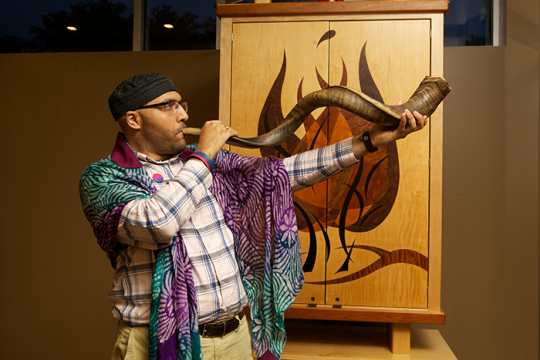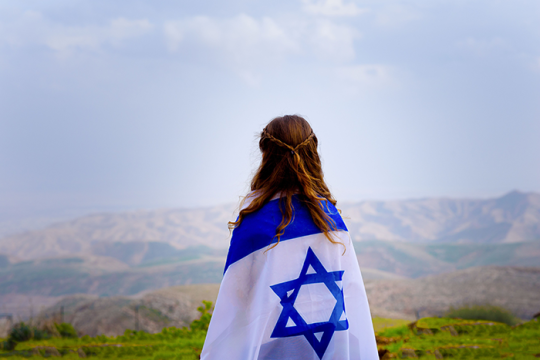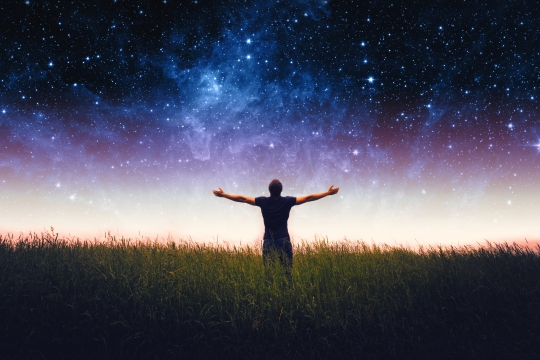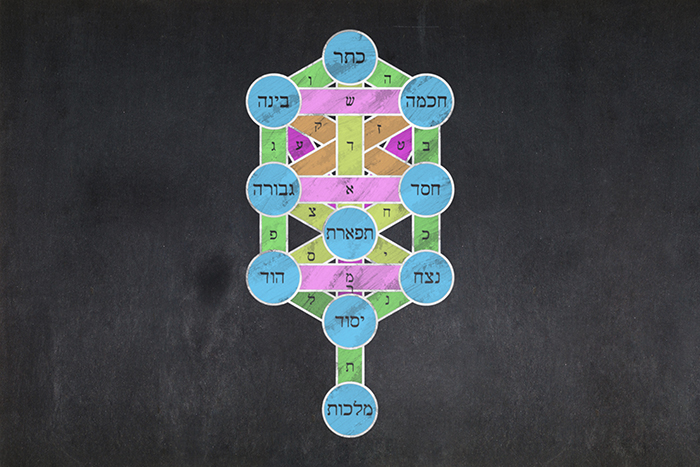What's New
Image:

Elul is Calling
During the month of Elul, we are invited to listen deeply. Each weekday morning, we are invited to hear the cry of the shofar, marking the beginning of our spiritual journey toward the High Holy Days.
Image:

Judaism: The Faith of Feasting
The opening chapters of Genesis introduce and establish one of the most enduring elements of Jewish religion, spirituality, and culture: the power of food.
Image:

How the Pittsburgh Synagogue Shooting and Processing Grief Led Me to Heller High – and Changed My Life
I became bat mitzvah on October 27, 2018. It was both one of the best and worst days of my life. At the same time I was on the bima at my home congregation of Temple Emanuel in Greensboro, NC, a gunman at another community in Pittsburgh walked into the Tree of Life Synagogue and killed 11 Jewish people.
Image:

3 Steps to Hitbodedut: Talking to God on Your Own Terms
Although we associate prayer with liturgy that our rabbis and sages developed over the centuries, the act of unscripted prayer is equally important and authentic to the Jewish experience.
Image:

How Judaism and Positive Psychology Make Excellent Bedfellows
Positive psychology has from its inception been unabashedly influenced by ancient philosophical and religious wisdom, embracing teachings and values found in Judaism.
Image:

This Daily Jewish Practice Is Changing My Life for the Better
Just like that, I’d committed to reading a page of Talmud every day and formed a group of more than 1,000 women, which has become one of the kindest, most welcoming and respectful places I’ve experienced on the internet.
Image:

Three Jewish Reminders for When the World Seems Overwhelming
Rather than relying on God to repair the world, Judaism compels us to take action and do it ourselves – which means that there can be a real sense of empowerment that comes with living a Jewish life.
What is Kabbalah?
Kabbalah (also spelled Kabalah, Cabala, Qabala)—sometimes translated as “mysticism” or “occult knowledge—is a part of Jewish tradition that deals with the essence of God. Whether it entails a sacred text, an experience, or the way things work, Kabbalists believe that God moves in mysterious ways. However, Kabbalists also believe that true knowledge and understanding of that inner, mysterious process is obtainable, and through that knowledge, the greatest intimacy with God can be attained.

Musar
Image:

Musar: Practice, Practice, Practice
This Musar practice involves both external and internal reflection and action. To develop desirable traits in ourselves, we must work toward improving the lives of others--as one great Musar teacher puts it, we must "bear the burden of the other."
Reform Jews in congregations across the continent are now embracing a Jewish spiritual practice formulated in 19th-century Lithuania.
